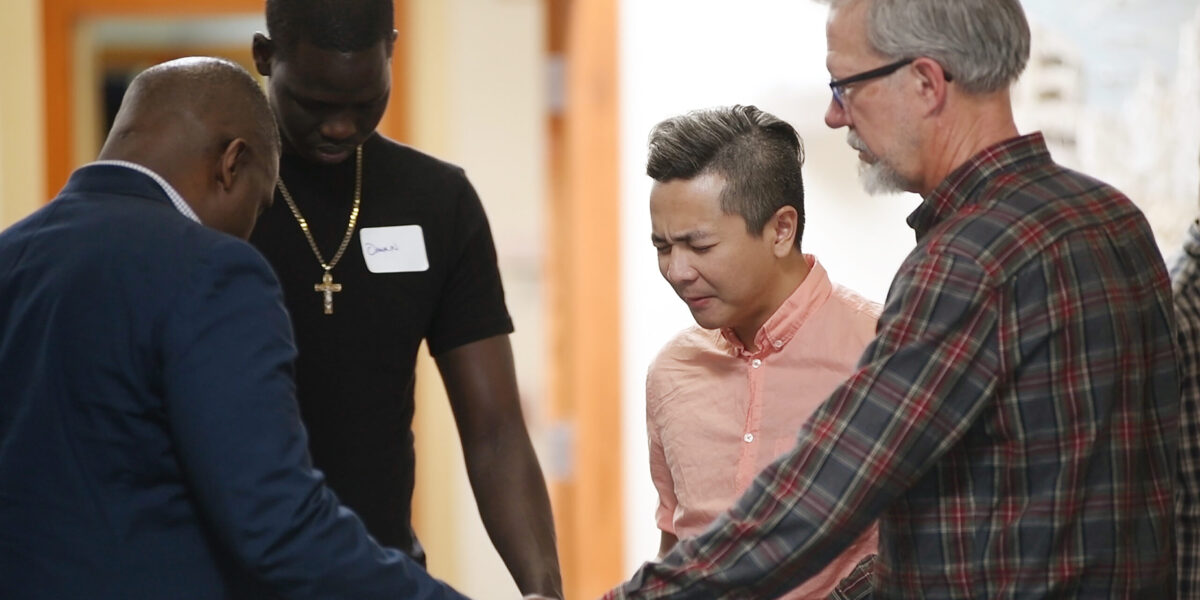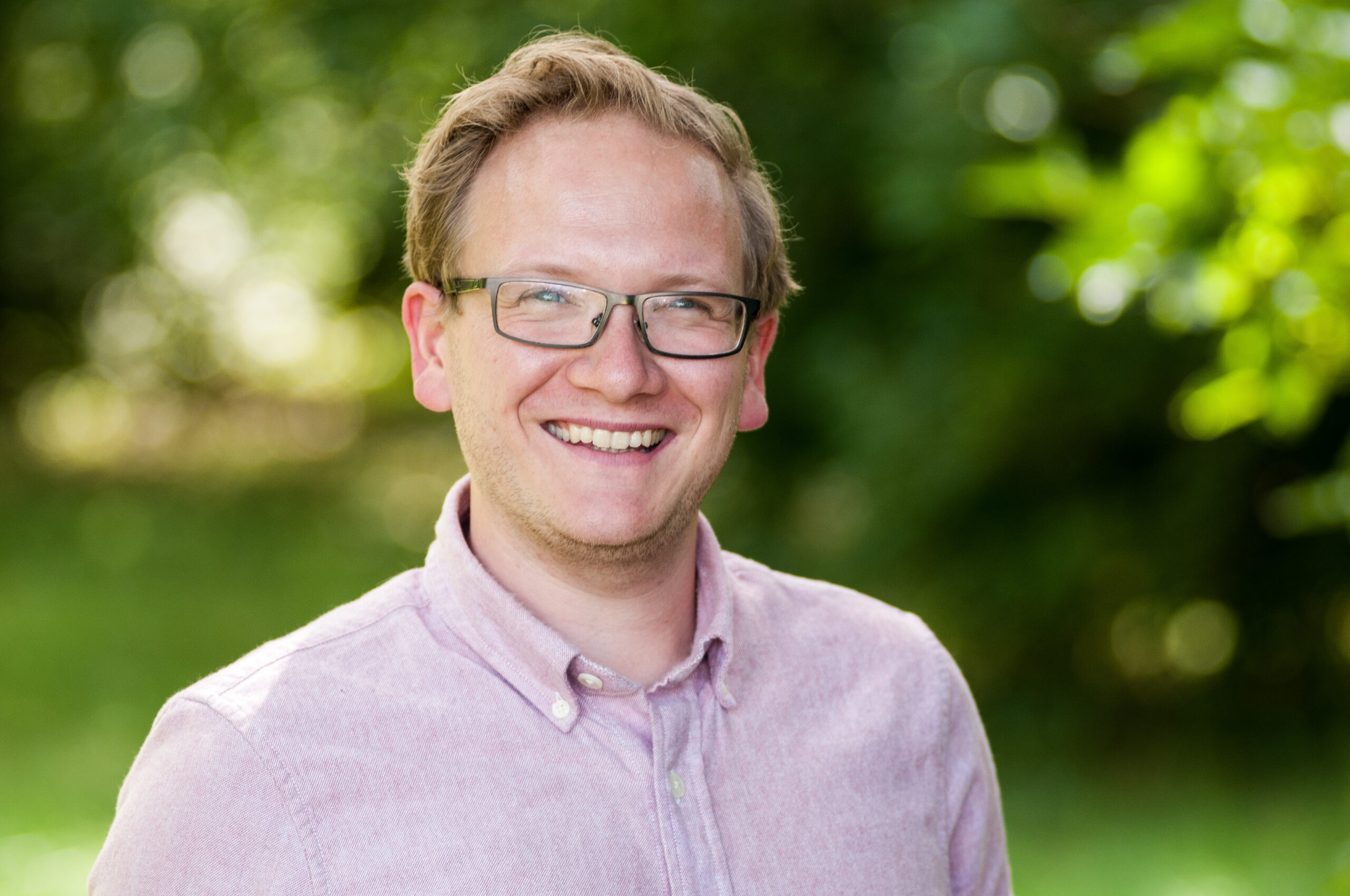NEWTON, Kansas (Mennonite Mission Network) – Pastors, church planters, and people from all over the country gathered in Chicago May 4-6 for the Sent 2018 peace church conference to worship and share how God is moving in their churches and communities. I caught up with two attendees to talk about their experiences. Hendy Stevan is the pastor of Bethany Elshaddai Creative Community Church, a Franconia Mennonite Conference congregation founded in 2002 in New York City, and Eric King works with TiLT [Taos Initiative for Life Together] in Taos, New Mexico, which is described on TiLT’s website as a "Mennonite-inspired social change movement."
Hendy Stevan, Bethany Elshaddai Creative Community
What brought you to New York City?
Hendy: I was working with a church in Bandung, Indonesia, and my senior pastor asked me if I would be willing to help with an Indonesian congregation church in New York City. I was excited, and my wife and I prayed about it, and we had this confirmation that God wanted us to go.
It took my wife and me three years to move to New York City, because my visa got rejected twice, but I had a calling that God wanted me to be a blessing for New York City; God wanted me to be a blessing for people in the United States.
Even though it took us three years, I still felt the calling from God to become a blessing, and to preach the gospel out of my comfort zone. We arrived in New York two years ago and we started to help give the church a new energy, and especially start reaching out to the second generation, the young adults and youth in the church.
What role do you see your church playing in the local community?
Hendy: Our church is mostly older people who are first-generation immigrants from Indonesia, so in the future I want this church to become a blessing for the city, open up the barriers of the immigrant church, and start to become more multicultural. We’ve started to have preaching in English, as well as some of the worship songs. Most of the second generation that attends don’t really understand if you speak Indonesian, and we don’t want to lose the second generation.
Could you explain more about the experience of becoming a multicultural church?
Hendy: It’s a challenge, of course, but also an opportunity because I learned how to work with older people. We’re different generations. I’m a millennial and they are mostly boomers … if we are not careful, we can create conflict. But if we just sit together and really talk about our fears, our backgrounds, I think the rock and the river can work together. The transition can be a little bit tricky, but God wants me to learn how to love, how to serve, and how to teach. I think that is the point that I’m working on with this congregation, is to love, serve, and to teach.
Eric King, TiLT [Taos Initiative for Life Together]
How did you get involved with TiLT?
Eric: Todd Wynward is the director and founder of TiLT, and he’s written a book called Rewilding the Way, which I had read, and it was pretty compelling. It talks about affluenza in the United States, the addiction to consumption, and how destructive that is, and how it results in injustice. He came and spoke in Harrisonburg, where I was living, so that’s how I knew about the opportunity. I was interested in moving [to New Mexico] for a few reasons, one was to try to integrate my personal living with my work life and to develop the values that I resonate with personally. Also, for the spiritual experience and hoping to gain some professional development out of it as well, through managing the [TiLT] site and being a creative force. It’s the adventure of the Southwest. Desert life.
How would you sum up what role TiLT plays in the Taos, New Mexico, community?
Eric: TiLT is seeking to be a multifaceted entity. We’re primarily an urban agricultural site. "Bioregional resiliency" is a phrase we use often, which means that we’re trying to grow what our region can grow when it can grow it, and move away from the industrial food system that is so destructive to the land and to its people.
We’re also engaged in community organizing, especially in the area of racial reconciliation, as Taos is a hotspot for cultural diversity. We’ve got the indigenous population, the Latino population, and the White population. There’s both tension and potential in Taos. So the question is how do we bridge those cultural gaps, and make Taos a stronger community as a whole by utilizing that diversity? A lot of what we’re ultimately trying to do is to follow Jesus as people who are trying to restore the land, and honor and dignify other human beings. The gospel embodied. We’re a very young organization, so it’s a bit messy at times, but how else do you do it?
For more information about Sent, visit www.mennonitemission.net/sent.








